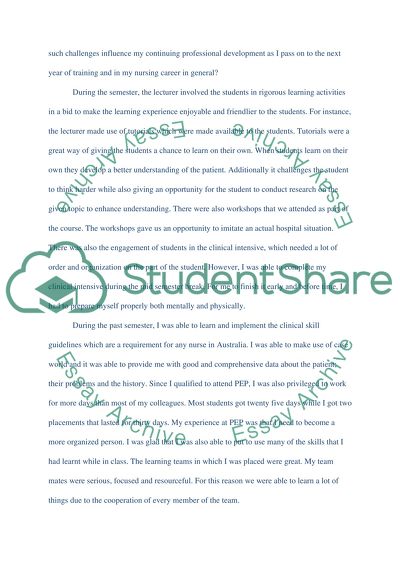Cite this document
(“Clinical diversity analysis on a nursing subject Essay”, n.d.)
Clinical diversity analysis on a nursing subject Essay. Retrieved from https://studentshare.org/nursing/1668199-clinical-diversity-analysis-on-a-nursing-subject
Clinical diversity analysis on a nursing subject Essay. Retrieved from https://studentshare.org/nursing/1668199-clinical-diversity-analysis-on-a-nursing-subject
(Clinical Diversity Analysis on a Nursing Subject Essay)
Clinical Diversity Analysis on a Nursing Subject Essay. https://studentshare.org/nursing/1668199-clinical-diversity-analysis-on-a-nursing-subject.
Clinical Diversity Analysis on a Nursing Subject Essay. https://studentshare.org/nursing/1668199-clinical-diversity-analysis-on-a-nursing-subject.
“Clinical Diversity Analysis on a Nursing Subject Essay”, n.d. https://studentshare.org/nursing/1668199-clinical-diversity-analysis-on-a-nursing-subject.


